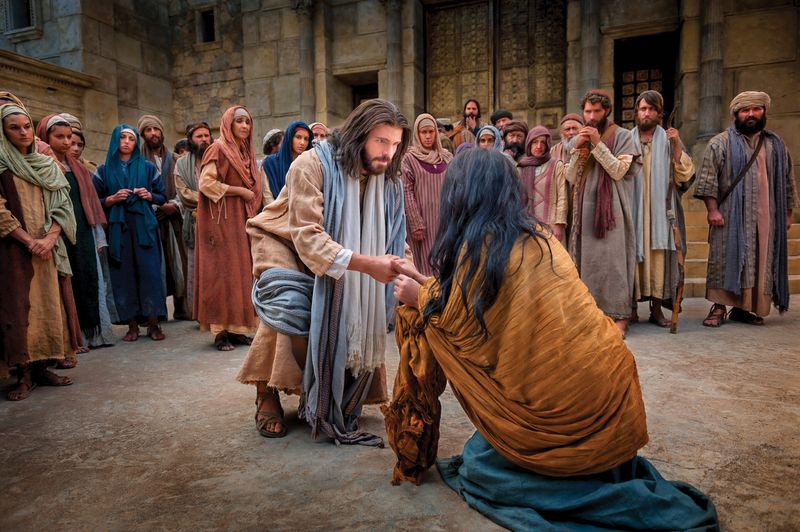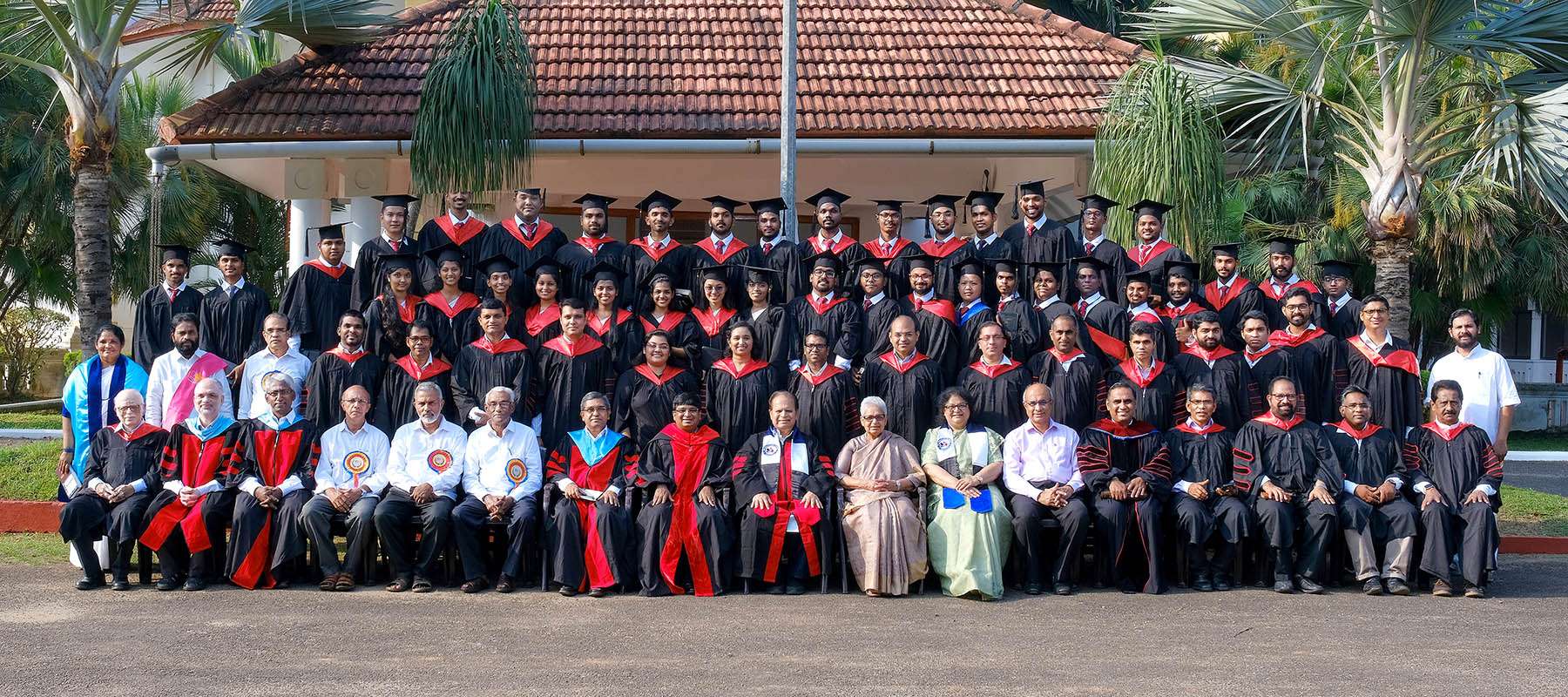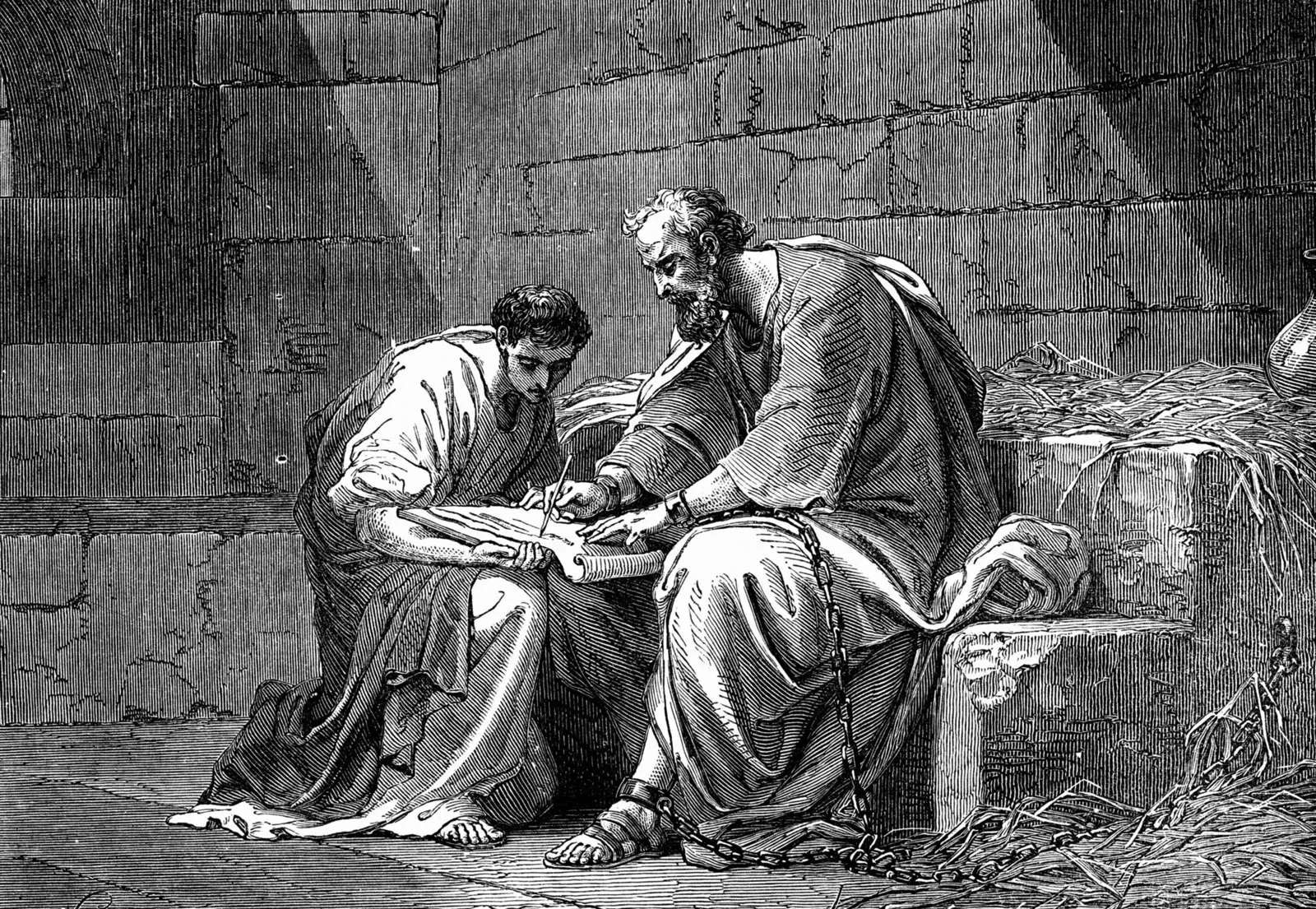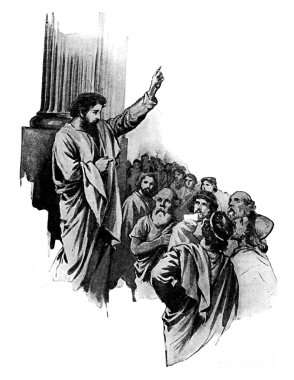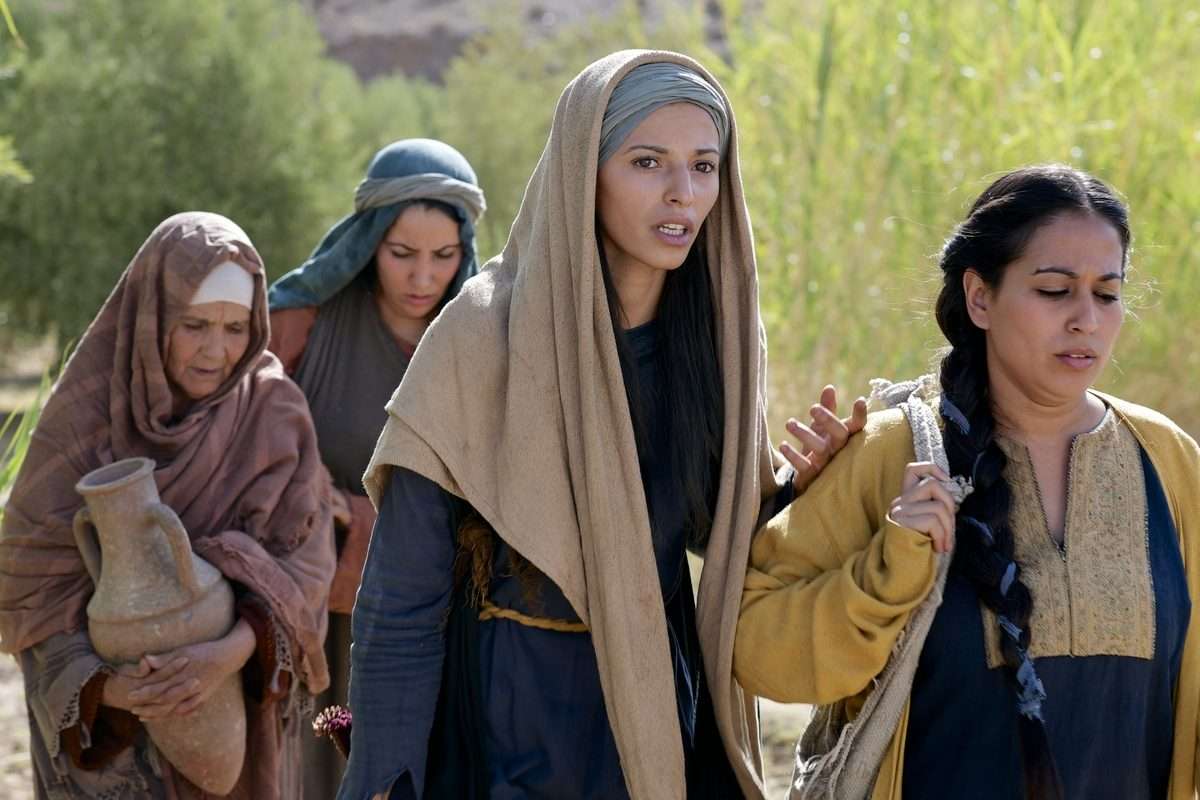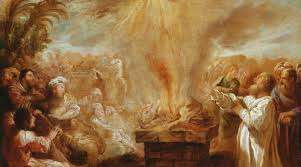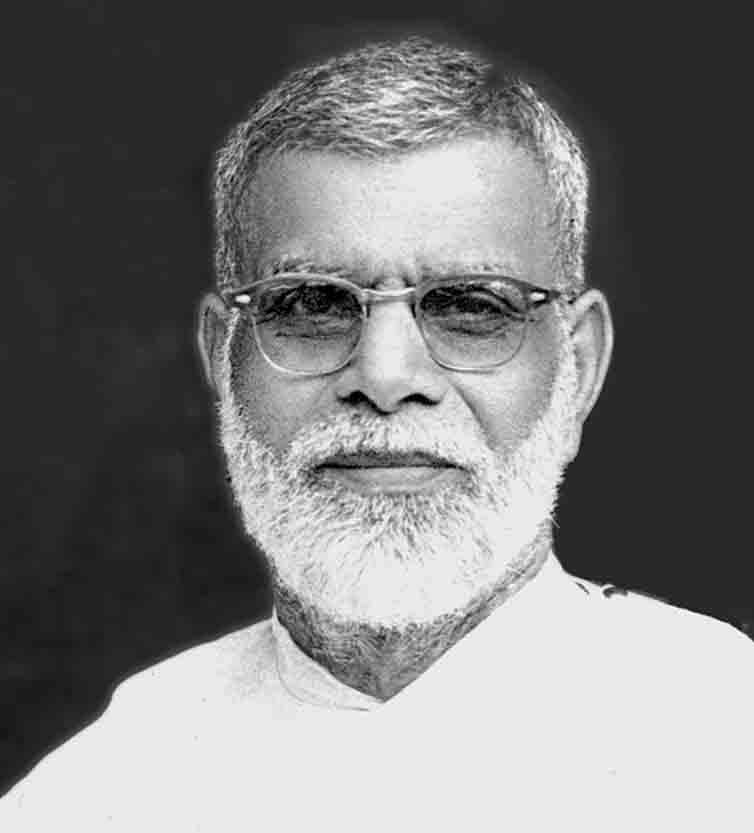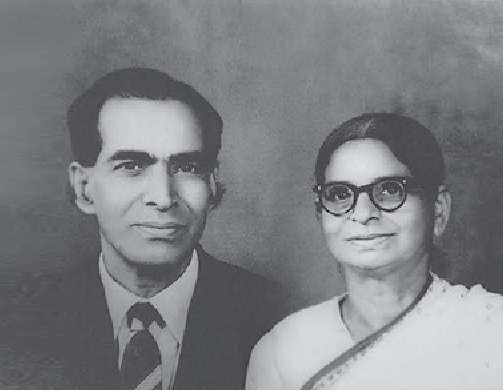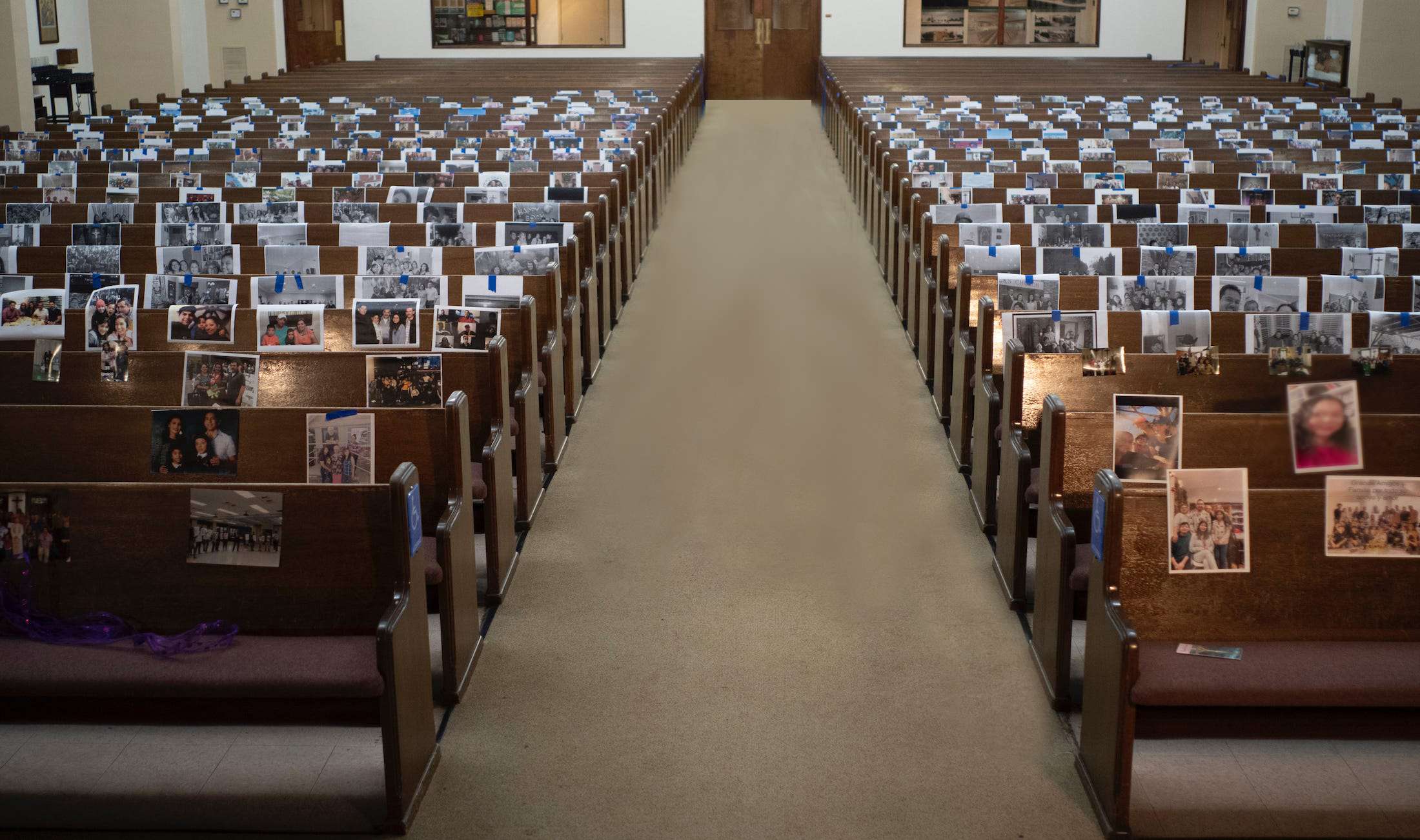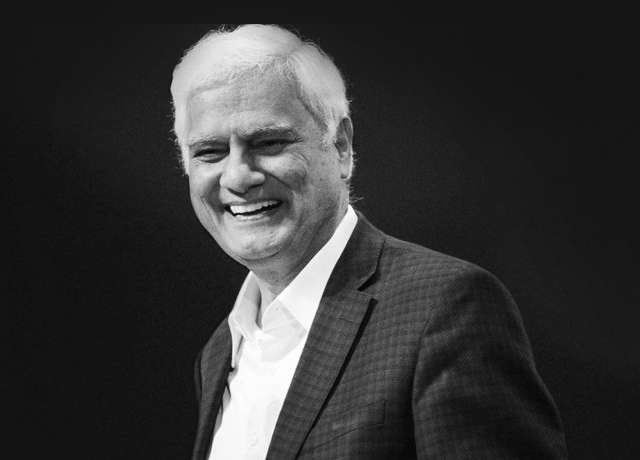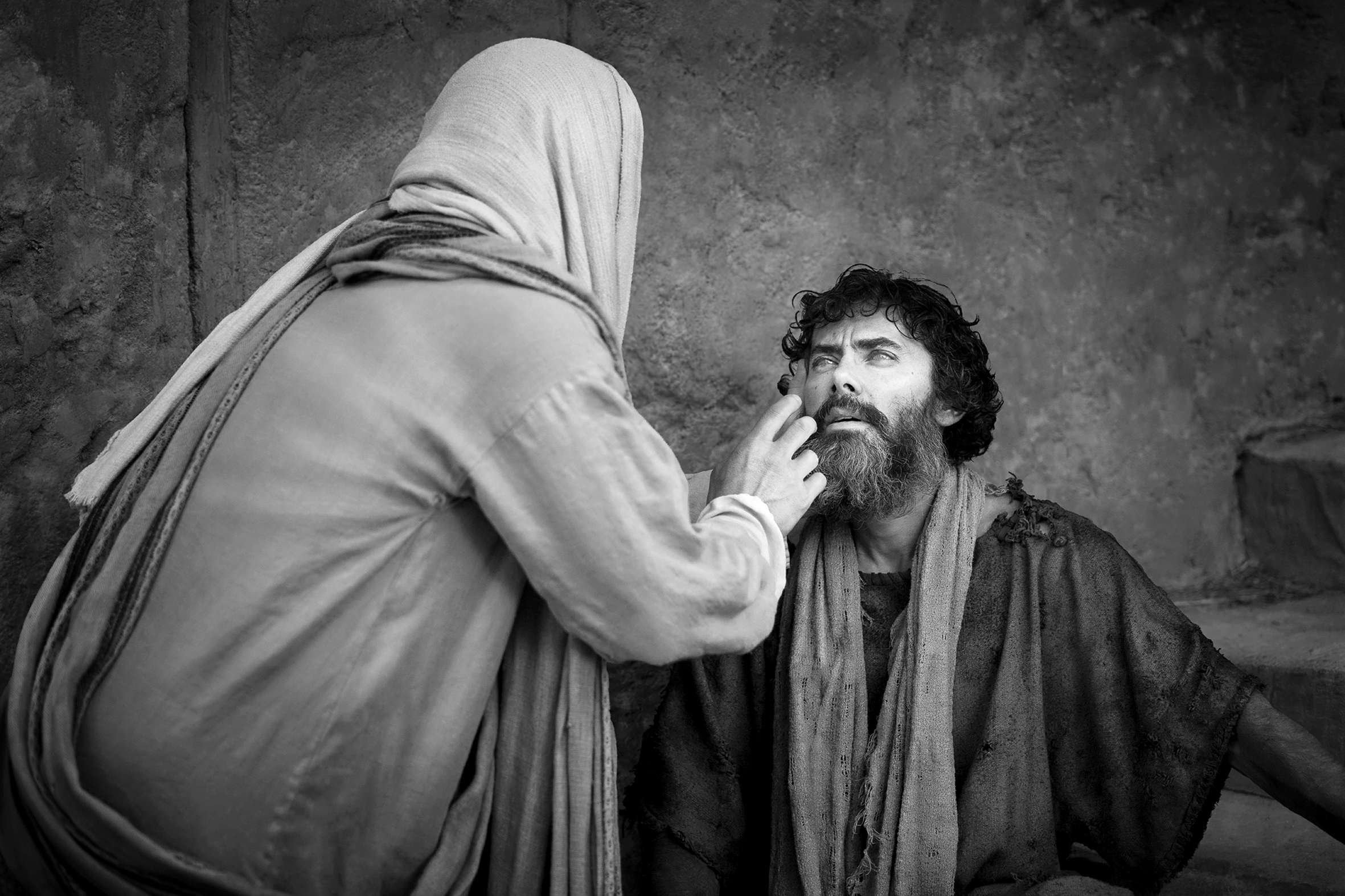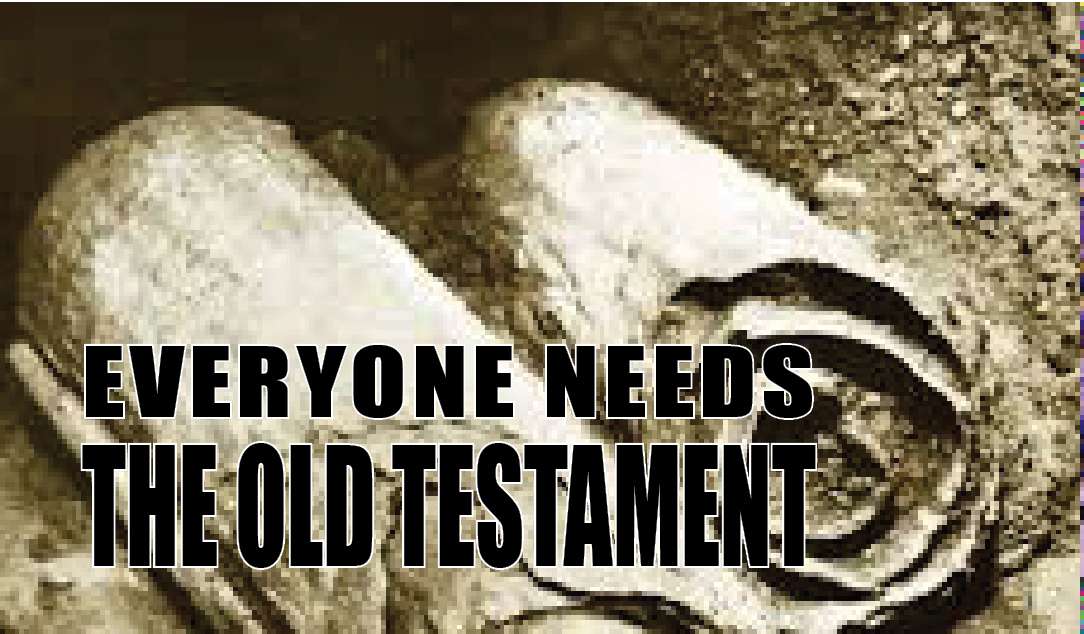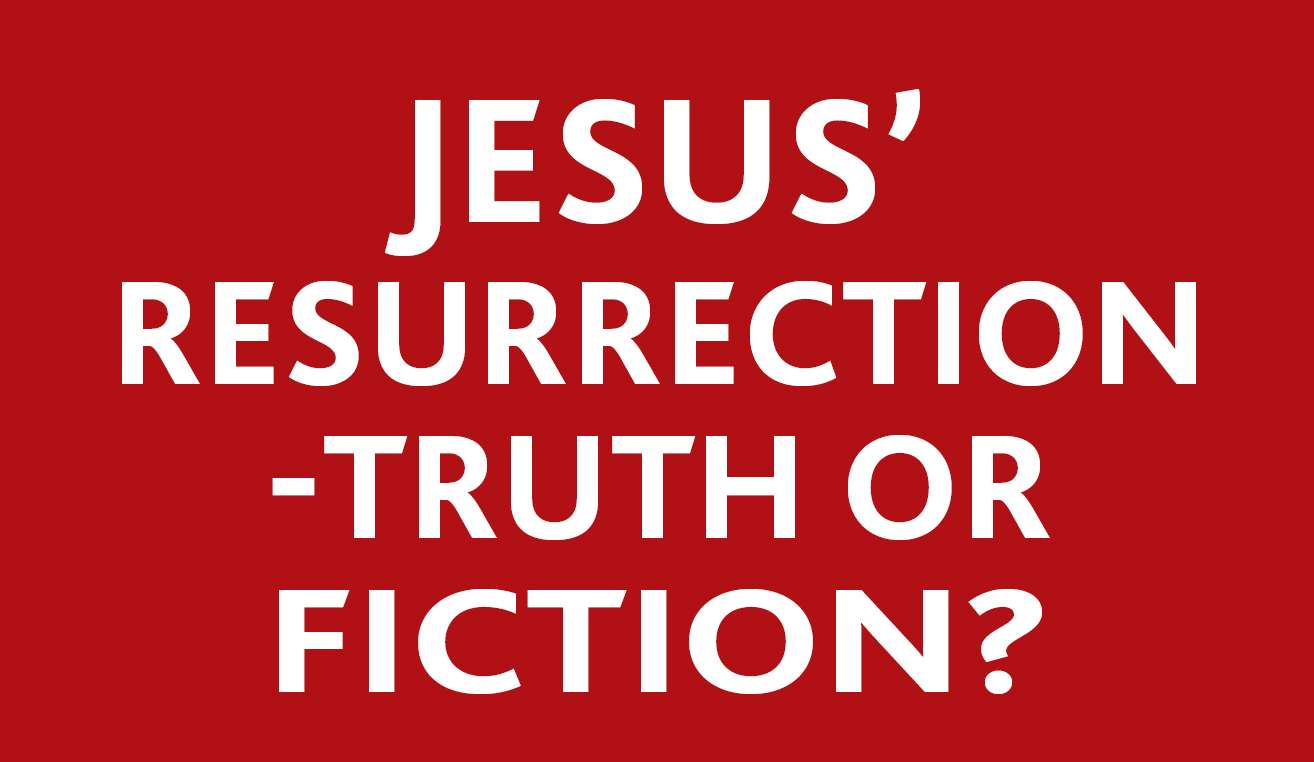

A Christian Response to Persecution
Dr. Valson Abraham
What is the Christian response to persecution?
This question has great importance for us today. In the past few years and especially since the new government, India’s Christian community has experienced more and more persecution than any other time since independence 1947.
Increasingly, we hear stories of Christians beaten, raped, and killed. Militants burn churches, raid prayer meetings, and destroy Bibles.
Even in the state of Kerala where Christians comprise 20% of the population, Hindu radicals attack Christians in a kind of “ethnic cleansing”. Propagands machines foment hatred, accusing Christians of “lies”, “destroying civilization” and following a man (Jesus Christ)who “is a dark force risen from the lowest depths of human nature.”
In the meantime, the police watch, do nothing, and even join the hatemongers. State and central governments often offer no help and make no statements to calm hatred and restore order.
As followers of Jesus Christ, how are we to regard all of this? I believe we should look to the Bible, to the writings of a man who both persecuted and endured great persecution. I speak of the Apostle Paul. He writes to the Thessalonians, who suffered Persecution because of their faith:
“Therefore, we ourselves speak proudly of You among the churches of God for Your Perseverance and faith in the midst of all your Persecutions and afflictions which You endure. This is a Plain indication of God’s righteous judgment so that you may be considered worthy of the kingdom of God for which you are suffering.”
Note that Paul commends the Thessalonians in their sufferings. They have been tested in the fire for their faith. The sense of Paul’s words is that all who love the Lord will experience this testing. Scars of affliction are the hallmark of our humanity as Christians on this earth. Affliction is a result of our weakness and the uncertainty of life in a world not fully surrendered to God.
ln a sinful world, People defy their Creator. They worship other gods and give themselves to godless Passions. Persecution is what rebels do to those who give up their rebellion against God.
The Thessalonians were only one group of people to whom Paul ministered. At different imes, with Silas and Timothy, Paul shared the gospel with Jews and Greeks. Wherever they went, large numbers turned from idols to serve the true and living God.
But everywhere, they faced fierce opposition. Why should this happen? They did not Plot to overthrow the Roman government. They did not incite civil disobedience or rebellion against any authorities. They only became excited over their new relationship with God. They had discovered His holiness, His Presence and His power. They had experienced His glory. They saw their Passions and desires change. They found the truth, and now they wanted to share it with neighbors, friends, and the whole world. They had only one Problem.
Their changed lives through Christ only revealed that others lived in error. This made others furious. What had believers done to offend? Nothing. It was the nature of Christianity that offended. The holiness of God had “rubbed off” onto them, and the rebels couldn’t stand it. They did only what rebels do: they struck back. If they could not strike God, they would at least strike His children. Persecution became a sign that God was at work.
Persecution has always been the lot of God’s People. Daniel the prophet faced Persecution because he took a stand to worship the true God. He believed God would be faithful to him, and he did not worry what would happen.
As a Young man, the Babylonians took him and his friends captives. They lost everything dear to them, including their names. But God blessed Daniel and gave him favor with his captors, so that the king even wanted to make him a ruler in his kingdom. This aroused the anger and jealousy of others who knew that this was the direct result of his relationship with God. They tried to destroy his relationship with God, and when that failed, they tried to destroy him.
Daniel was a Pilgrim and a stranger in a strange land. In a way, so are we. Though Christians have been in India for more than 2,000 years, we are now told by some that we are not citizens in our own homeland. But let us not feel sorry for ourselves. In us, these people only see the work of God with whom they cannot or will not reconcile.
Persecution cost Stephen his life, but it also helped to spread the church far and wide - and even converted the man who over saw his execution. Even as his persecutors stoned him to death, Stephen saw a vision of Jesus Christ so powerful and glorious, that even his terrible suffering could not keep him from rejoicing then pitying his killers and pleading to God for their forgiveness. Stephen’s experience reminds us that during our greatest trial, Christ will also give us a vision to help us bear our sufferings. Even if persecution leads to death, we will know not humiliating death but comfort, glorious reward, and spread of the gospel.
These examples of faithful meant each us that if we love Jesus Christ and live lives of faith, we WILL face persecution as certain as the sun rises and sets. But persecution only means that our lives reveal God’s life in us to others. When we stand for a righteous cause as did these Daniel and Stephen, God enables us to transcend the fear of death. We may not find deliverance in this life, but we shall find deliverance In the next.
Because we bear His Spirit, we have eternal life. Persecution cannot destroy eternal life in Christ’s church, cannot undo our relationship with God. Nothing can destroy Christ’s church, including the worst that man can bring against it.
Indeed, persecution will do just the opposite. In our weakness, we will discover His strength. In our weakness, we will discover a new love for Him and for one another. In our weakness, we will see God work in great and marvelous ways beyond our expectation. In our weakness, God always makes new hearers for the gospel. That is why persecution has never destroyed the church.
A more modern victim of persecution was John Wesley, the English preacher. Wherever he went, he preached the gospel, and he became a daily target of rocks, eggs and tomatoes. But John Wesley so understood the connection between effective evangelism and persecution that he expected nothing less than abuse. In fact, when two or three days passed without an egg or insult thrown at him, he even feared that he was in sin, failing to reflect the life of Christ to others!
In spite of persecution, Wesley’s faithful evangelism brought stunning revival to Christ’s church in England and a massive harvest of souls, even among his persecutors, that changed English society for generations.
As India’s Christians face persecution today, let us draw courage from those who have gone before us. We face hard times, but also the greatest opportunity that India has ever had to see the glory of Christ. Let us not seek persecution, but if it comes, let us bear it in His grace and victory.
As the old proverb says, “Whatever goes through the fire cannot be overcome by the heat of the sun.”

